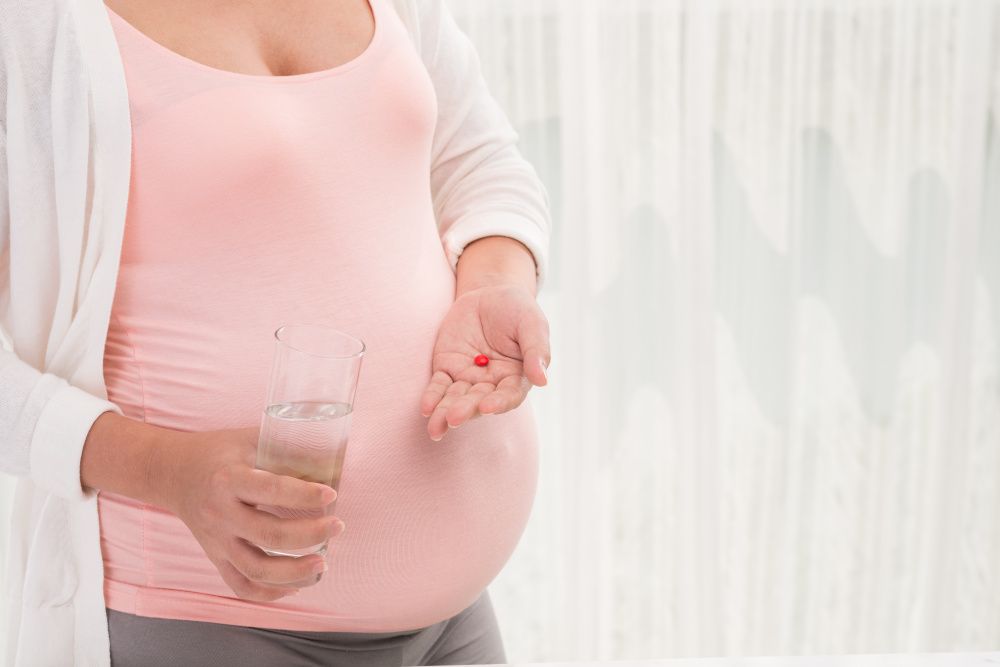New study researchers1 Posted in The American Journal of Clinical Nutrition say that many pregnant women in the United States who take dietary supplements may not be getting the adequate doses of key nutrients from these supplements that they need for prenatal health.
Between 2007 and 2019, researchers performed 24-hour dietary recalls on 2,450 pregnant women in the United States. Based on the information collected, the researchers estimated what the subjects’ intake of six key nutrients from food alone would be: vitamins A and D, folate, calcium, iron and omega-3 fatty acids. Next, they used the National Institutes of Health’s Dietary Supplement Label Database to determine the level of these nutrients in 20,547 dietary supplements, including 421 prenatal products. Their goal was to determine what target doses of these six nutrients would be “necessary to cause 90% of participants to consume above the estimated average requirements and to keep 90% below the tolerable upper limit”.
The researchers said that of the 20,547 supplements they identified, only 69 products (including 33 prenatal products) contained all six nutrients. Seven products (including two prenatal) contained target doses for five of the nutrients. And, they said, “only one product (not a prenatal product) contained target doses for all six nutrients,” but said the cost of this product was high and required 7 tablets per daily serving.
Their conclusion? “Hardly any American dietary supplement provides essential nutrients in the doses needed by pregnant women.”
Dietary Supplement Association the Council for Responsible Nutrition (CRN; Washington, DC) replied in a statement that supplementation should not be used solely to fill nutritional gaps and that a healthy diet is also essential.
In the statement, Andrea Wong, PhD, CRN’s senior vice president of scientific and regulatory affairs, said, “We appreciate the study authors’ efforts to complement the body of research on nutrient requirements and supplementation during the pregnancy. This latest research reinforces what trained dietitians and nutritionists have been saying for years – dietary supplements, even prenatal supplements – are simply “add-ons” to a healthy diet, not substitutes. Although these essential products absolutely fill in some nutritional gaps, they are not intended to replace a healthy diet, and certainly not during the critical period of pregnancy.
She continued: “The study results are not surprising – getting sufficient levels of all the nutrients needed to support a healthy pregnancy means eating well, as well as using a prenatal multivitamin and other dietary supplements. if needed. Including each key nutrient in a single product at levels to meet nearly all women’s needs during pregnancy is, of course, a challenge. These products absolutely increase the daily intake of these nutrients, but even though dietary habits vary within the population, one should not expect a product to provide exactly 100% of each person’s precise nutritional needs. However, the dietary supplement industry strives to provide products that best serve most women during pregnancy.
Reference
- Sauder, KA; Couzens, GL; Bailey, RL; et al. Selecting a dietary supplement with an appropriate dosage for 6 key nutrients during pregnancy. Am J Clin Nutr. 2023, 117 (4), 823-829. DO I: 10.1016/j.ajcnut.2022.12.018
